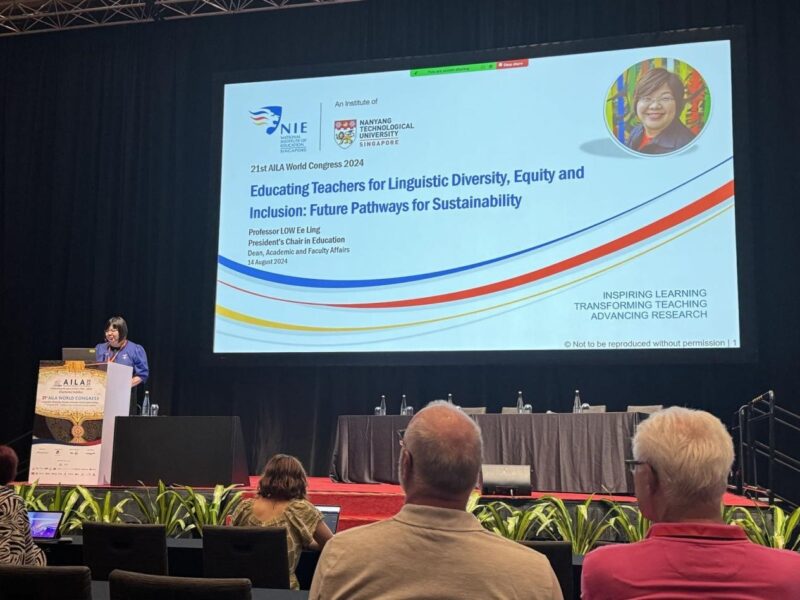 By Yifang SUN & Ziyang HU
By Yifang SUN & Ziyang HU
***
The fourth day of the 21st AILA World Conference continued to be a source of insights and inspiration, featuring cutting-edge research in the field of applied linguistics. Among the many notable presentations, two that emphasize the linguistic diversity, equity and inclusion in English language teaching and learning made a significant impact on us.
Educating Teachers for Linguistic Diversity, Equity, and Inclusion: Future Pathways for Sustainability
The first one is the keynote address by Professor Low Ee Ling, titled Educating Teachers for Linguistic Diversity, Equity, and Inclusion: Future Pathways for Sustainability, highlighting the importance of these principles in the ongoing development of language education.
Professor Low Ee Ling investigates the standards and norms that English as an International Language (EIL) teachers and students should follow in an increasingly diverse world characterized by multilingualism, multiculturalism, and multiple Language Learning Motivations (LLMs). Her research, which provides a snapshot of the real-world Eduscape, reveals that EIL communicators often attain varying levels of comprehensible discourse, with a focus on the primacy of intelligibility. This observation underscores the challenge of maintaining sustainable teaching practices that embrace linguistic diversity, equity, and inclusion.
In a case study on Singapore, Professor Low examines the country’s dynamic multilingual environment, where English is used proficiently. This has given rise to “Singlish,” a localized form of English used in Singaporean communities, particularly in familiar and intimate settings. The emergence of Singlish challenges the practicality and inclusivity of international English standards for teaching and learning. However, Singaporeans who employ Singlish exhibit a strong sense of confidence and identity. Similarly, the phenomenon of localized English is not unique to Singapore. The global spread of English has led to not only the rise of English as a hypercentral language in international domains but also the emergence of localized and indigenized varieties of English which took root, evolve and develop in diverse sociolinguistic contexts, becoming practical tools for local English speakers to communicate internally and externally. This fact highlights a broader trend in language communication, where practicality and intercommunity are often prioritized over standardization.
Professor Low Ee Ling contends that sustainable language education should be developed with a focus on diversity, equality, and inclusivity, rather than strictly adhering to so-called standard language norms. This approach recognizes the value of various English varieties in fostering effective communication and community identity.
Epistemic agency of translational teachers and students for knowledge co-construction in English-medium instruction classrooms
The second one is Dr. Yixi QIU (Isabella)’s presentation titled Epistemic agency of translational teachers and students for knowledge co-construction in English-medium instruction classrooms, which explored how transnational teachers and students can use epistemic agency to build knowledge together in English-medium education.
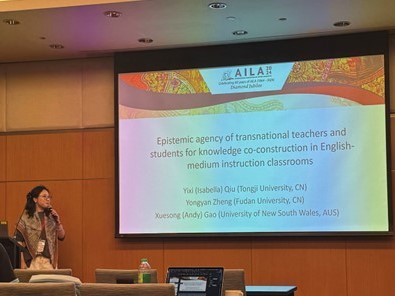 Isabella not only calls for the recognition of the multilingual realities that characterize EMI education, but she also went a step further to challenge the knowledge tradition centered on mainstream European and American culture mediated by standard English. In her talk, she introduced the concept of “epistemic injustice”, pointing out that monolingualism as a standard form of knowledge production and transmission can lead to linguistic injustice and epistemic exclusion. Therefore, we need to rethink the way knowledge is constructed in the English classroom and give more epistemic agency to multilingual teachers and students. Isabella elaborated on the definition and action of epistemic agency. Epistemic agency refers to the actions taken by individuals in the process of knowledge construction. These actions include promoting linguistic flexibility, leveraging transepistemic resources, and cultivating epistemic reflexivity.
Isabella not only calls for the recognition of the multilingual realities that characterize EMI education, but she also went a step further to challenge the knowledge tradition centered on mainstream European and American culture mediated by standard English. In her talk, she introduced the concept of “epistemic injustice”, pointing out that monolingualism as a standard form of knowledge production and transmission can lead to linguistic injustice and epistemic exclusion. Therefore, we need to rethink the way knowledge is constructed in the English classroom and give more epistemic agency to multilingual teachers and students. Isabella elaborated on the definition and action of epistemic agency. Epistemic agency refers to the actions taken by individuals in the process of knowledge construction. These actions include promoting linguistic flexibility, leveraging transepistemic resources, and cultivating epistemic reflexivity.
Promoting linguistic flexibility is to encourage students to express their opinions in their mother tongue or other languages, and to build an inclusive cognitive space where students with different language abilities can become contributors and disseminators of knowledge. Leveraging trans-epistemic resources refers to the use of students’ diverse socio-cultural knowledge base to build a shared knowledge base beyond the binary opposition between local language and English. Cultivating epistemic reflexivity refers to guiding students to reflect on what they have learned, integrate it with their own experiences, and critically evaluate it, thereby promoting sustainable learning.
The lecture uses practical examples from the course to show how epistemic agency can be applied to English-taught classrooms. The program features multinational students from different countries and regions, with diverse linguistic and cultural backgrounds. In class, they allow students to use their native language in class discussions and encourage them to share perspectives from different cultural perspectives. In addition, students’ multicultural backgrounds are used as teaching resources to encourage them to share their cultural knowledge and experience. It also guides students to reflect on what they have learned and combine it with their own experience for critical evaluation. The results were significant, with students being more engaged, more actively involved in the knowledge construction process, and demonstrating stronger critical thinking skills.
This lecture emphasized the importance of epistemic agency of multilingual teachers and students in EMI classrooms for knowledge co-construction. By promoting language flexibility, leveraging trans-epistemic resources, and cultivating epistemic reflexivity, we can build more inclusive and effective EMI classrooms that allow all students to participate in and benefit from the process of knowledge construction.
After listening to these two lectures, combined with this trip to Malaysia, we deeply reflected on two issues:
First: What is the reality of the English-speaking world?
We are English major students in China. In our English education since primary school, we have been told to learn “Standard” English (i.e. standard American or British English). However, when we came to Malaysia to attend AILA 2024, we found that the real English world is actually characterized by diversity. In this conference, scholars from all over the world used English with different accents to conduct academic communication and express their unique identities. We realize that the English education model based on “Standard English” does not give us true intercultural communication competence. Real intercultural communication competence is based on a correct understanding of the diversity of the English-speaking world.
Second: Who is responsible for failed English-mediated intercultural communication?
When we first arrived in Kuala Lumpur, we found that the local English accent is very different from the Anglo-American accent we learn, so many times we could not understand the English spoken by local people, even though they use very common English expressions. Having long been taught in Anglo-American English has led to a gap between us and the real English-speaking world. Our lived experience in Kuala Lumpur made us realize that Malaysian English is a legitimate variety for locals to communicate within their community and with the outside world.
Communication is a two-way activity, and both parties in communication should be equal. As foreign visitors, we should also take the responsibility and prepare ourselves for the linguistic and cultural diversity of the host country. English users and English teachers around the world should shall the responsibility to challenge the “Standard English” norm and Euro-American knowledge tradition in English education to achieve a more diverse, equal and inclusive world.
Bio blurb
Yifang SUN and Ziyang HU are master students at Zhongnan University of Economics and Law, Wuhan, China. Both SUN and HU have developed an interest in multilingualism and language policy and planning research. SUN investigates the language practice and governance of a cross-regional company in the Guangdong-Hong Kong-Macao Greater Bay Area (the GBA). HU looks at the WHO’s multilingual crisis communication policies and practices during and after the COVID-19 pandemic.

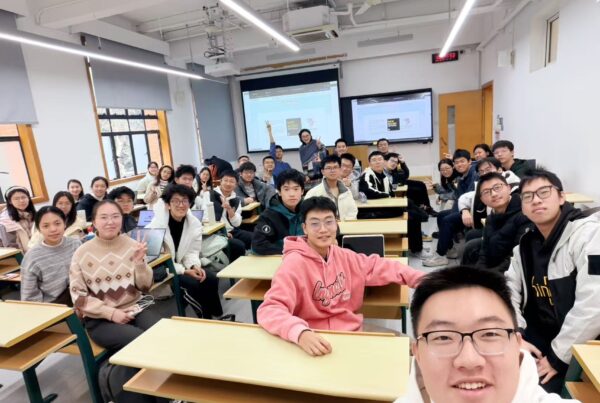
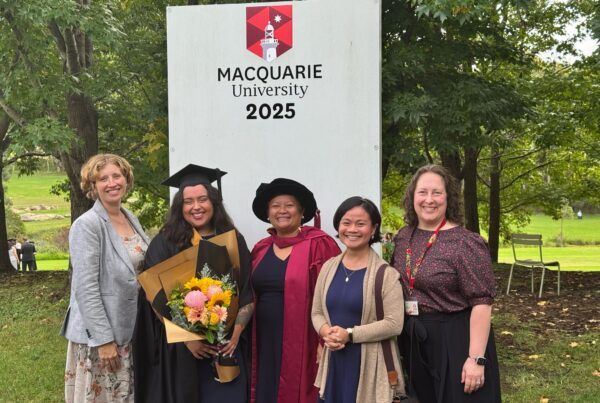
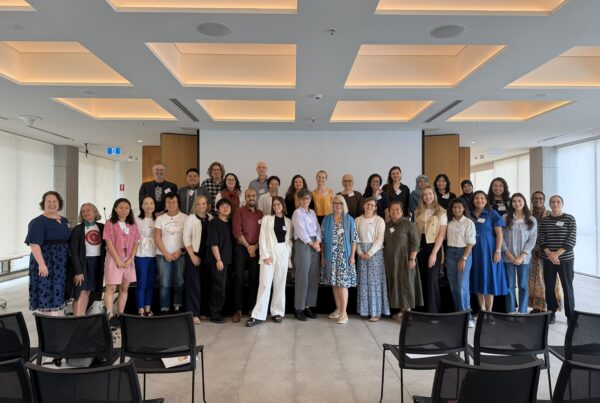


 This work is licensed under a
This work is licensed under a
Thank you Ziyang and Yifang! Well-done! I’m so impressed by your studies. Expecting to read them in future!
Like most Anglos this septuagenarian knows little about Applied Linguistics, and isn’t a polyglot, and as a kid I detested lessons in grammar. Two decades ago I was a very wealthy company director until a business partner pretending to be a Baha’i co-religionist bankrupted me in such a way that I never recovered financially. Thanks to loving parents and family, a benign government, and to Esperanto, I’m better off now with the time to pursue what interests me. 😁
Am I reading too much between the lines? Recent iconoclastic revelations about serious flaws in English as proffered by highly qualified Asian academics whose careers yet depend on that sexist, racist, colonial and imperial national language strike me as courageous, avant-garde, and also as CONSEQUENTIAL, in that several academic sources that are usually very pro-English are airing and apparently endorsing their views. Is this amateur overstating the case, or perhaps misapprehending two superb talks presented yesterday, which IMO, are marred only by a typo in the penultimate paragraph?